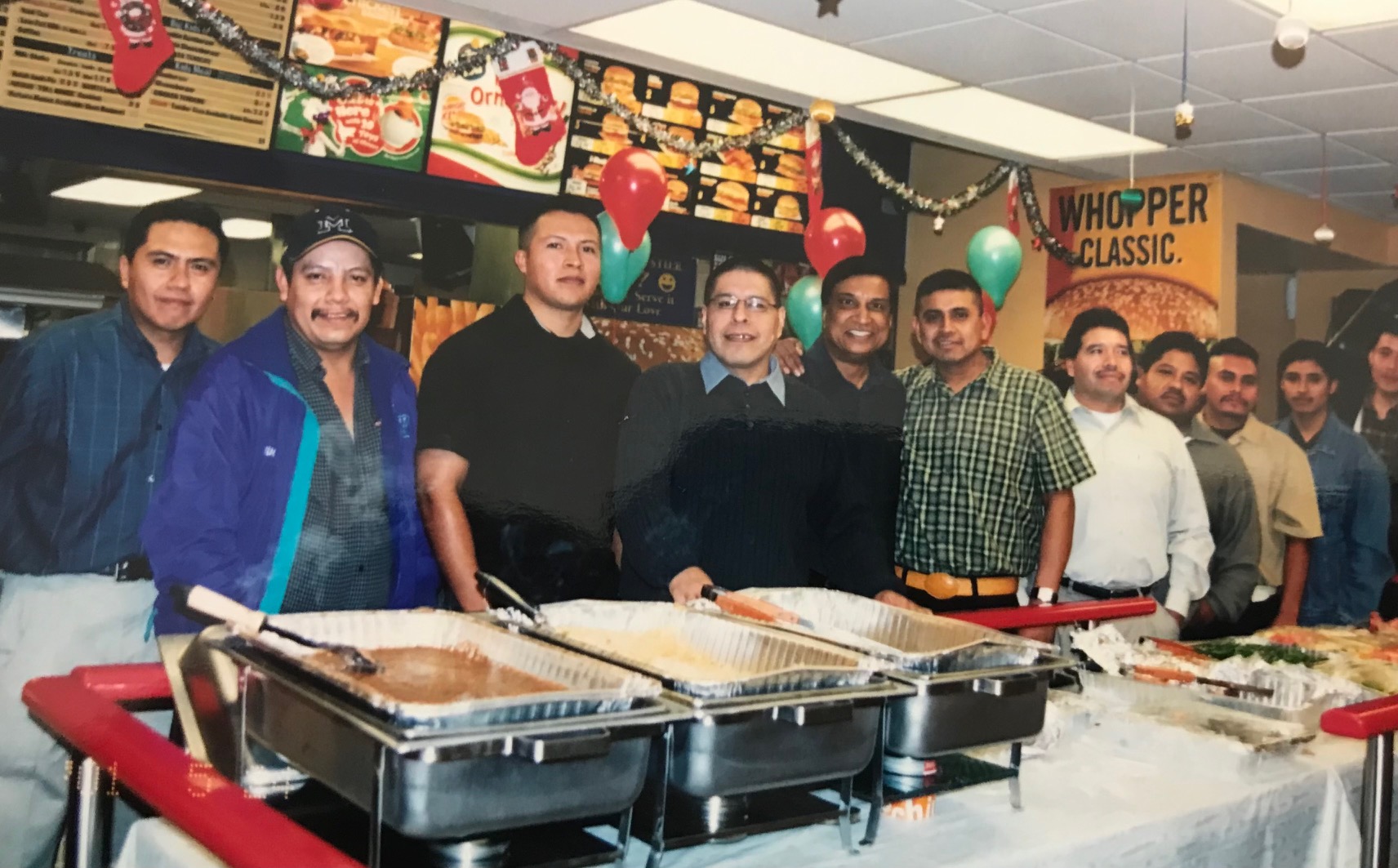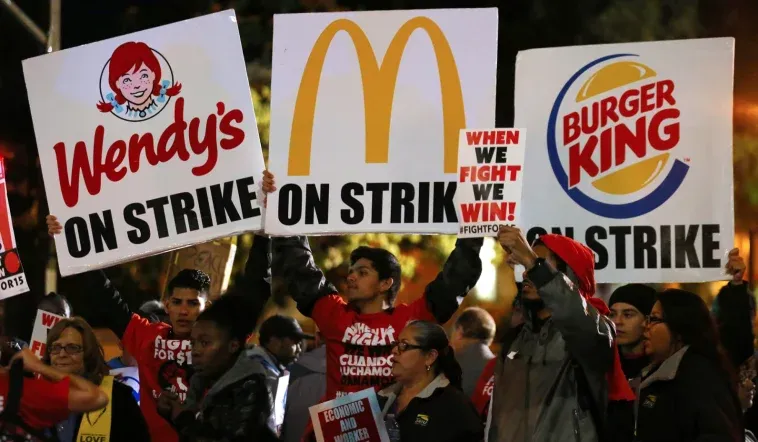(National Review) For Sanna Shere’s father, buying and running his first Southern California Burger King more than 30 years ago was his entryway to the American Dream.
The fast-food restaurant the Pakistani immigrant purchased was rundown and struggling. Shere said her dad, Kaiser Shere, invested every penny he had into the restaurant. “It was really low volume, low performing. People thought he was crazy,” she said of her father.
But his hard work paid off. The restaurant became one of the region’s highest-volume Burger Kings, Sanna Shere said. A few years later, her dad bought a second location. Then he added a few more. When Shere moved back from New York a decade ago, she helped her dad and her brother grow the business to include 21 Burger Kings with close to 500 employees.
“We really treat our employees like family,” she said. “We know them. We care about them.”
Shere said she wasn’t initially excited about a career in fast food; it’s a stressful and competitive business that survives on making pennies per transaction. But she saw an opportunity to make her mark, and to help her family’s business grow.
That ability to grow has been stymied in recent years by increasingly stringent state regulations, and an increasing minimum wage that has sent the business’s labor costs soaring. Now, the future of the Sheres’ business is in jeopardy because of a new state law — the so-called Fast Food Accountability and Standards Recovery Act, or FAST Act — that threatens to fast-track even more burdensome regulations and an large mandatory wage increase on the industry, and to upend franchise business models across the Golden State and possibly beyond. The measure, the latest in a long string of far-left policies implemented in the state, will make it harder for entrepreneurial Californians to buy and grow their own fast-food businesses. But its impacts will likely be felt in industries that have no connection to fast food.
 (Courtesy of Sanna Shere)
(Courtesy of Sanna Shere)
Kaiser Shere, center, hosted a Christmas party for employees soon after purchasing his first Burger King restaurant in Southern California more than 30 years ago. Several of the employees in the photo still work for the Sheres’ business, said Sanna Shere, Kaiser’s daughter.
Assembly Bill 257, narrowly approved by the California legislature on August 29, and signed by Governor Gavin Newsom on Labor Day, allows for the creation of a new, ten-member, unelected Fast Food Council specifically to micromanage the state’s fast-food industry. The council would have broad powers to impose new rules and regulations on thousands of fast-food and counter-service restaurants, including the ability to raise the minimum wage at most of California’s fast-food restaurants next year from $15 to $22 an hour — a nearly 50 percent jump, with cost-of-living adjustments each year after that.






